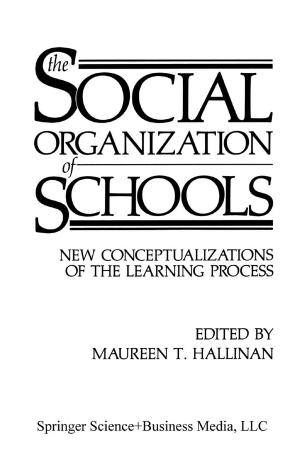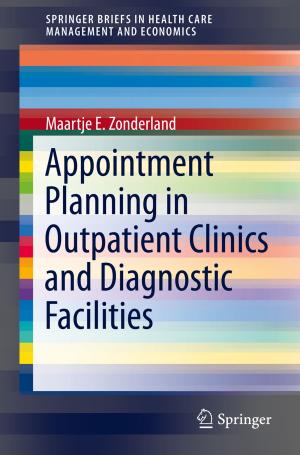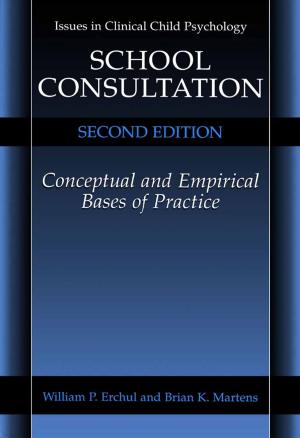Advances in Teacher Emotion Research
The Impact on Teachers' Lives
Nonfiction, Reference & Language, Education & Teaching, Educational Theory, Educational Psychology, Health & Well Being, Psychology, Child & Adolescent, Child Development| Author: | ISBN: | 9781441905642 | |
| Publisher: | Springer US | Publication: | August 14, 2009 |
| Imprint: | Springer | Language: | English |
| Author: | |
| ISBN: | 9781441905642 |
| Publisher: | Springer US |
| Publication: | August 14, 2009 |
| Imprint: | Springer |
| Language: | English |
Some reports estimate that nearly 50% of teachers entering the profession leave within the first five years (Alliance for Excellent Education 2004; Ingersoll, 2003; Quality Counts 2000). One explanation of why teachers leave the profession so early in their career might be related to the emotional nature of the teaching profession. For example, teaching is an occupation that involves considerable emotional labor. Emotional labor involves the effort, planning, and control teachers need to express organizationally desired emotions during interpersonal transactions. As such, emotional labor has been associated with job dissatisfaction, health symptoms and emotional exhaustion, which are key components of burnout and related to teachers who drop out of the profession. Research into emotional labor in teaching and other aspects of teachers’ emotions is becoming increasingly important not only because of the growing number of teachers leaving the profession, but also because unpleasant classroom emotions have considerable implications for student learning, school climate and the quality of education in general.
Using a variety of different methodological and theoretical approaches, the authors in this edited volume, Advances in Teacher Emotion Research: The Impact on Teachers’ Lives, provide a systematic overview that enriches our understanding of the role of emotions in teachers’ professional lives and work. More specifically, the authors discuss inquiry related to teachers’ emotions in educational reform, teacher identity, student involvement, race/class/gender issues, school administration and inspection, emotional labor, teacher burnout and several other related issues. This volume, then, represents the accumulation of different epistemological and theoretical positions related to inquiry on teachers’ emotions, acknowledging that emotions are core components of teachers’ lives.
Advances in Teacher Emotion Research takes an eclectic look at teacher emotions, presenting current research from diverse perspectives, thereby making this volume a significant contribution to the field.
Some reports estimate that nearly 50% of teachers entering the profession leave within the first five years (Alliance for Excellent Education 2004; Ingersoll, 2003; Quality Counts 2000). One explanation of why teachers leave the profession so early in their career might be related to the emotional nature of the teaching profession. For example, teaching is an occupation that involves considerable emotional labor. Emotional labor involves the effort, planning, and control teachers need to express organizationally desired emotions during interpersonal transactions. As such, emotional labor has been associated with job dissatisfaction, health symptoms and emotional exhaustion, which are key components of burnout and related to teachers who drop out of the profession. Research into emotional labor in teaching and other aspects of teachers’ emotions is becoming increasingly important not only because of the growing number of teachers leaving the profession, but also because unpleasant classroom emotions have considerable implications for student learning, school climate and the quality of education in general.
Using a variety of different methodological and theoretical approaches, the authors in this edited volume, Advances in Teacher Emotion Research: The Impact on Teachers’ Lives, provide a systematic overview that enriches our understanding of the role of emotions in teachers’ professional lives and work. More specifically, the authors discuss inquiry related to teachers’ emotions in educational reform, teacher identity, student involvement, race/class/gender issues, school administration and inspection, emotional labor, teacher burnout and several other related issues. This volume, then, represents the accumulation of different epistemological and theoretical positions related to inquiry on teachers’ emotions, acknowledging that emotions are core components of teachers’ lives.
Advances in Teacher Emotion Research takes an eclectic look at teacher emotions, presenting current research from diverse perspectives, thereby making this volume a significant contribution to the field.















